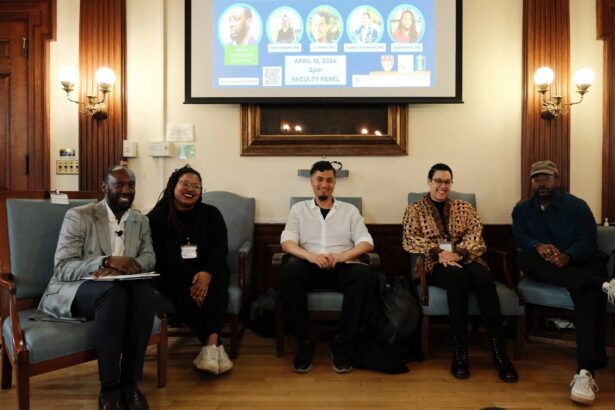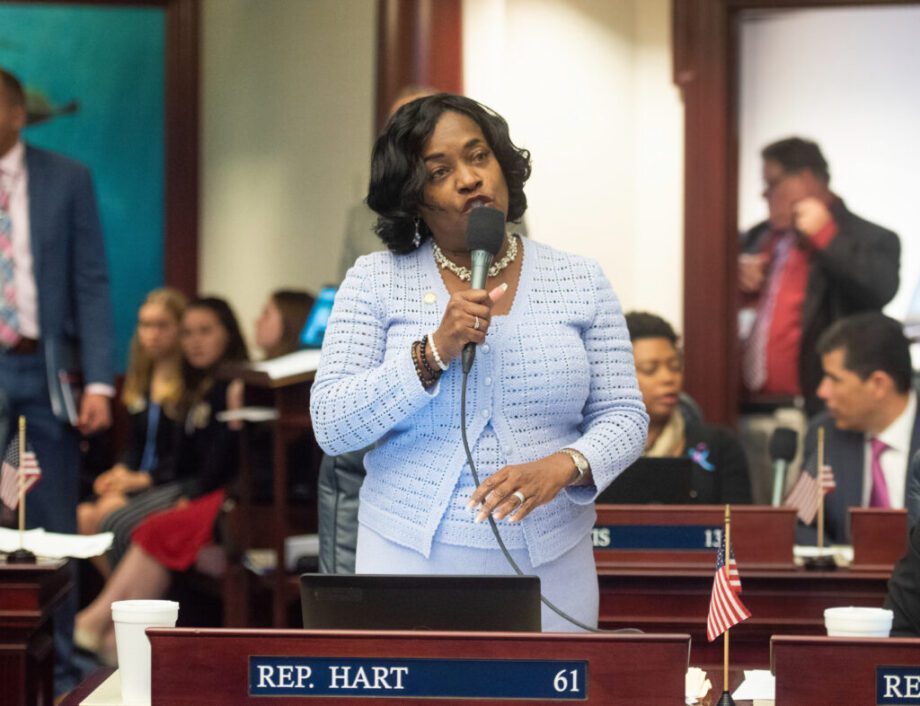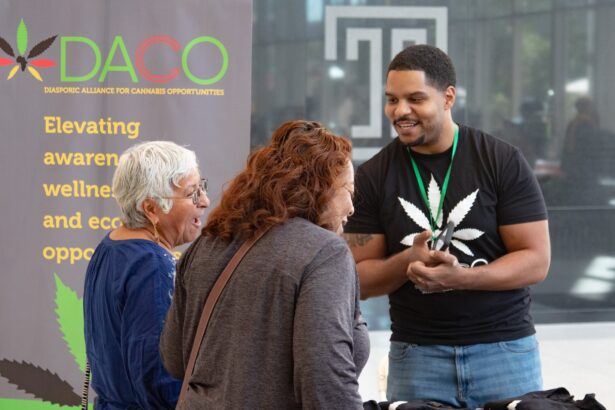Photo caption: State Representative Dianne Hart
State Rep. Diane Hart talked about the legislative priorities for Florida’s Black Caucus at a media briefing on Wednesday in the Capitol’s fourth floor Rotunda.
Hart, along with other senators and representatives, highlighted concerns for key areas and initiatives that will shape their agenda for the state’s Black communities in the upcoming months.
Two main factors that Hart and other members of the caucus focused on were reform in the criminal justice system and equity in education. Hart emphasized the caucus’ commitment to addressing systemic issues that disproportionately affect Black communities.
Hart, a Tampa representative, stated that she has been advocating for criminal justice reform in Florida for the past six years. She also drew attention to the neglect of the structural needs of correctional facilities and the resulting challenges within the correctional system.
The legislators emphasized the importance of establishing a fair and equitable criminal justice system that ensures the well-being of all citizens.
Another critical aspect highlighted during the media briefing was the caucus’ dedication to promoting equity in education. Rep. Marie Woodson emphasized the need for increased funding in predominantly Black school districts to ensure that students have access to quality education and housing, irrespective of their ZIP code.
Woodson, a Hollywood representative, focused on bills she’s working on, specifically House Bill 1067 and House Bill 1383. In addition to these bills, she expressed her strong advocacy for voting in the community.
For Florida A&M University students, these legislative priorities carry significant implications. The emphasis on criminal justice reform aligns with the concerns of many students who advocate for social justice and equality.
FAMU, a historically Black university, stands to benefit from the caucus’ commitment to addressing systemic issues, creating an environment that empowers its diverse student body.
FAMU students can anticipate positive outcomes from these initiatives, as they align with the university’s dedication to social justice and providing an inclusive and high-quality education.
The media briefing represented a hope for positive change, indicating a collective effort to address long-standing issues that impact marginalized communities.




